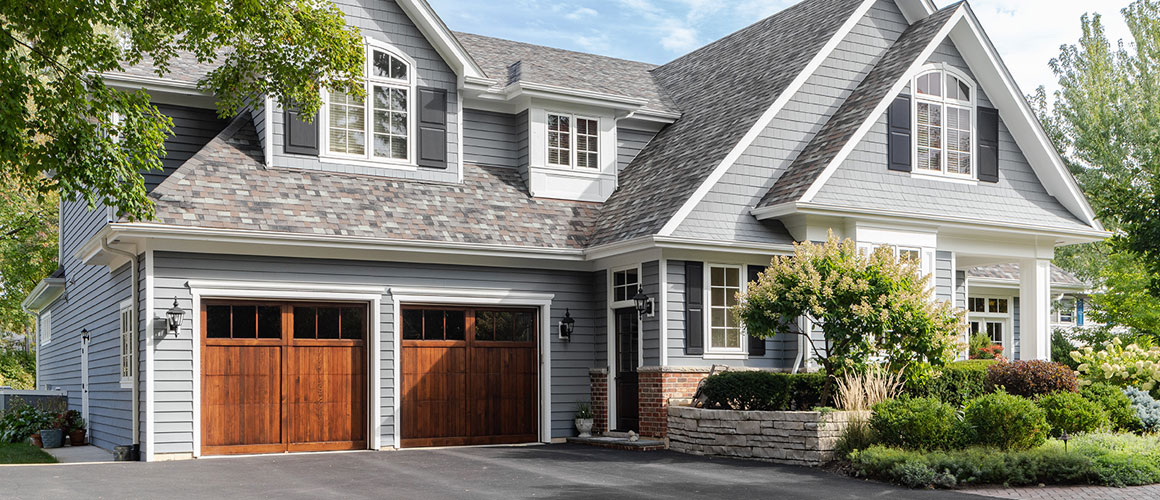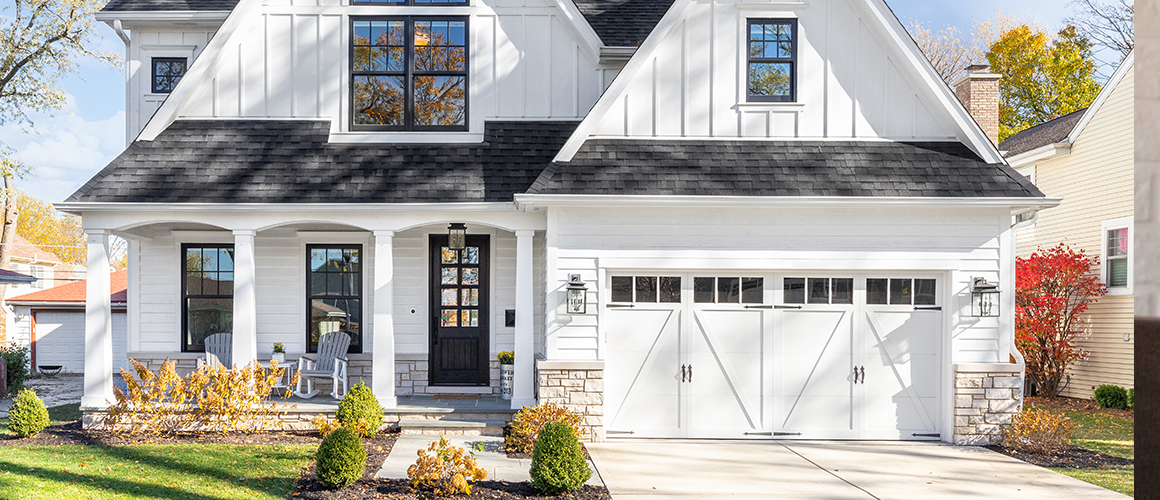
Selling A House As Is: How To Avoid Repairs And Sell Fast
Mar 05, 2025 · 3-minute read
Real estate can be a goldmine—until you realize how much money you’re expected to pour into repairs before selling your home. The thought of fixing leaky faucets, repainting walls, or replacing the roof might make you want to wave the white flag. But what if you could bypass all that hassle? Selling your house as is might be the perfect shortcut.
What Does It Mean to Sell a House As Is?
Listing a house as is means you’re putting buyers on notice that what they see is what they get. You won’t be making any major repairs, and if buyers choose to proceed, they can’t come knocking later, asking for compensation for any hidden surprises.
Typically, homes sold as is may need some TLC—they could be outdated, have structural issues, or simply be in less-than-perfect condition. In short, they’re fixer-uppers waiting for the right buyer.
When Should You Consider Selling As Is?
Not every seller is in a position to invest in home improvements before selling. Here are a few common reasons why homeowners choose this route:
- You're on a tight deadline and can’t afford to wait for renovations.
- You already have an interested buyer willing to take the home as is.
- You inherited the house and want to sell quickly.
- You want a fast cash offer from an investor or house flipper.
- You simply don’t want to deal with repairs—because, let’s be honest, who does?
Pros and Cons of Selling a House As Is
Pros
- No repair costs: You save time and money by skipping renovations.
- Faster sale: Investors and cash buyers often snap up as-is properties quickly.
- Less stress: No more agonizing over home improvements.
Cons
- Smaller buyer pool: Many buyers prefer move-in-ready homes.
- Lower offers: Buyers assume an as-is home has major issues and often bid lower.
- Lower listing price: Your home’s value will be based on its current condition, which means pricing lower than comparable homes.
How to Sell a House As Is
1. Work with an Experienced Real Estate Agent
Even when selling as is, a knowledgeable agent can help you market your home effectively. They can also advise whether listing as is is the best choice or if minor improvements might yield a higher sale price.
2. Get a Home Inspection
Surprise issues can derail a sale. A pre-listing home inspection helps you stay ahead of the game and allows full transparency with buyers. Plus, buyers appreciate knowing exactly what they’re getting into.
3. Make Full Disclosures
You must disclose any known issues—ignoring this step could land you in legal trouble later. Common disclosures include:
- Structural issues (like foundation cracks)
- Plumbing or electrical problems
- Mold, water damage, or past termite infestations
- Lead-based paint (if your home was built before 1978)
4. Get Estimates for Repairs
Even if you’re not making repairs, getting quotes can help justify your asking price to buyers.
5. Consider Minor Fixes for Better ROI
Some small fixes can make a big difference in sale price. These might include:
- Replacing an old roof (big selling point for buyers!)
- Updating outdated electrical wiring
- Fixing mold, termite, or water damage
6. Declutter and Clean
A spotless house—no matter how outdated—always sells better than a cluttered, messy one. Deep clean carpets, scrub surfaces, and remove excess furniture to help buyers see the home's potential.
7. Try Virtual Staging
Not interested in full-scale home staging? Virtual staging—where images are digitally enhanced to showcase potential renovations—can be a cost-effective alternative.
8. Price It Right
Pricing an as-is home correctly is crucial. Your real estate agent will run a comparative market analysis (CMA) to ensure your asking price aligns with market trends.
9. Market the Home Strategically
Effective marketing helps sell an as-is home faster. Consider:
- Highlighting positive features in your listing description
- Using engaging keywords like "great investment opportunity" or "perfect for a renovation project"
- Targeting the right buyers—flippers, investors, or DIY enthusiasts
How Much Do You Lose Selling As Is?
The financial impact of selling as is varies based on factors like market conditions, the extent of needed repairs, and buyer demand. If your home is in a seller’s market, you may not lose much at all. However, if buyers perceive major hidden issues, you could face lowball offers.
FAQs: Selling a House As Is
Do I Still Have to Disclose Issues?
Yes! Selling as is does not exempt you from disclosure laws. If you knowingly hide defects, you could face legal consequences.
Who Buys As-Is Homes?
Investors, flippers, and budget-conscious buyers looking for a project are common as-is home buyers.
Is It Better to Fix Up My Home or Sell As Is?
If you’re willing to invest in repairs, you’ll attract a broader buyer pool and likely fetch a higher price. But if speed and convenience matter more, selling as is might be your best bet.
Are There Alternatives to Selling As Is?
Yes! You might consider selling to an iBuyer (a company that makes instant cash offers) or partnering with a local home-flipping company.
The Bottom Line
Selling a house as is can be a smart move for those looking to sell quickly and without hassle. While you may not get top dollar, taking the right steps—such as setting a fair price, being transparent about issues, and marketing strategically—can still lead to a successful sale.







